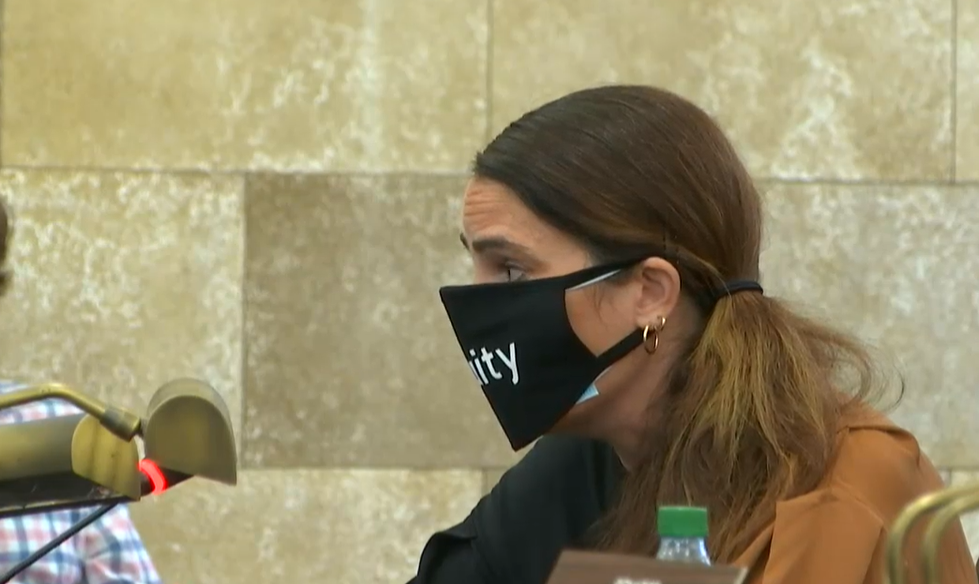Ruiz Introduces Bills to Ease the Burden of Remote Instruction on Teachers and Parents

Ruiz Introduces Bills to Ease the Burden of Remote Instruction on Teachers and Parents
TRENTON – In an effort to address the difficulties of those struggling to manage remote instruction, Senate President Pro Tempore M. Teresa Ruiz introduced two bills to assist both parents and teachers in balancing personal childcare and work responsibilities.
“The closure of schools and shift to virtual instruction has been particularly hard on parents unable to work remotely which now encompasses many of our educators as well,” said Senator Ruiz (D-Essex). “By setting up state-sponsored learning pods, and offering childcare assistance for our essential school employees, we can ease the burden on the caretakers in our state and provide greater continuity for our young learners while, most importantly, maintaining a safe environment for all.”
The first bill, S-2898, would create an Emergency Child Care Assistance Program for school staff and administrators, modeled after a similar, successful program established at the height of the pandemic for “essential workers”.
The program is modeled off the Emergency Child Care Assistance program administered by the Department of Human Services, in cooperation with the Department of Children and Families, in April, May, and June of 2020 for essential workers. It would support schools by providing certain rates of financial assistance for the staff’s child care needs.
The second bill, S-2899, would require the Department of Education to establish a remote instruction facility program, which districts could opt into. Participating districts would select one or more facilities to host virtual instruction, they would provide connected devices, as well as appropriate supervision for the students.
Parents or guardians would have to request to send their children to the facility. If a district lacked sufficient space to accommodate all students requesting to attend, preference would be given to students on free or reduced lunch and those in the care of essential school employees, including teachers, administrators and staff.
Under the bill, the state would reimburse districts for the cost incurred to establish and maintain the remote instruction facilities.





